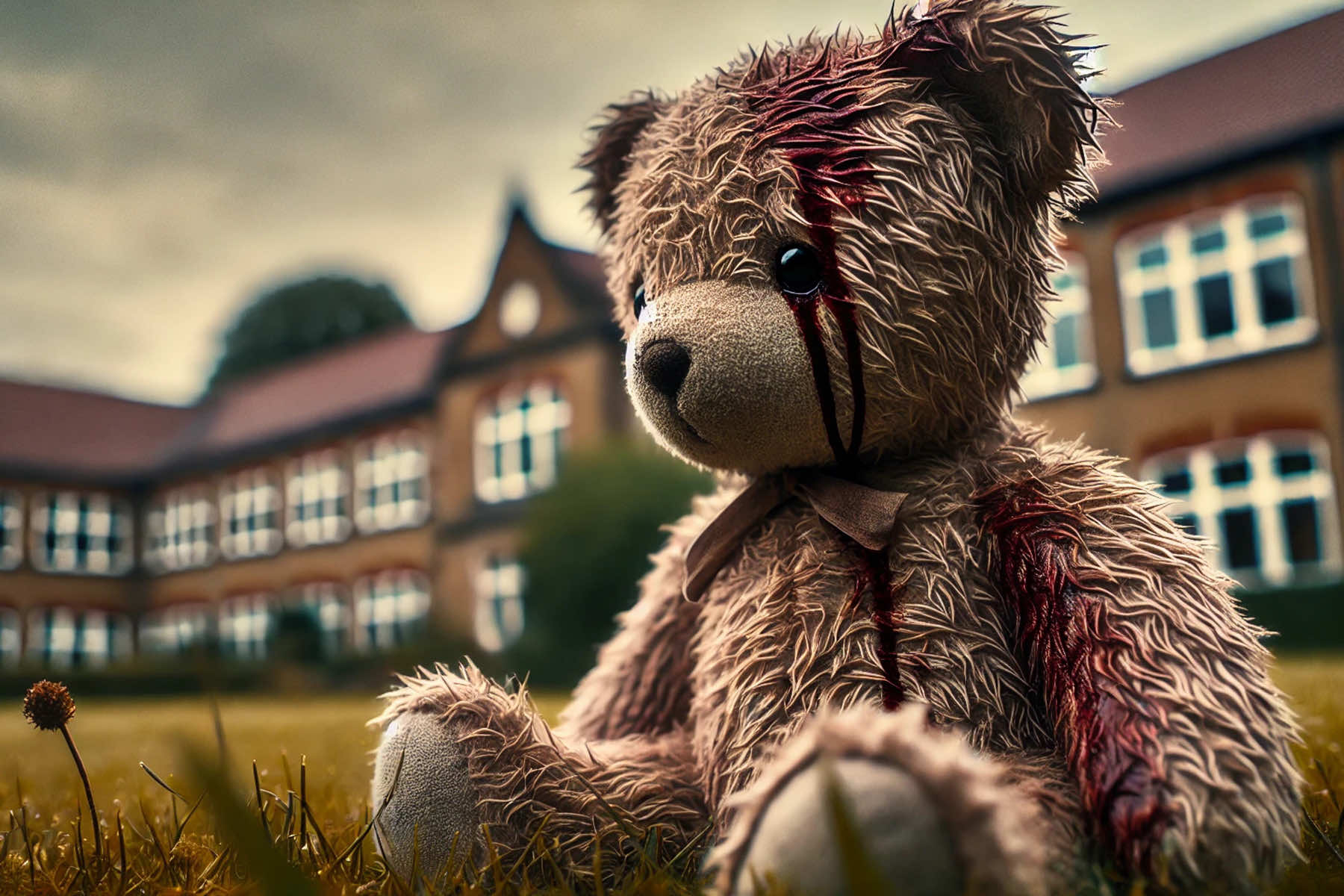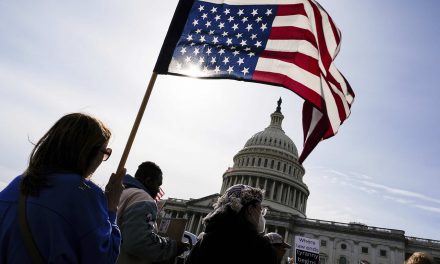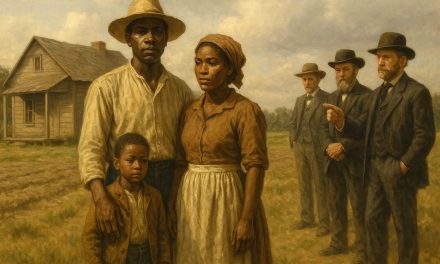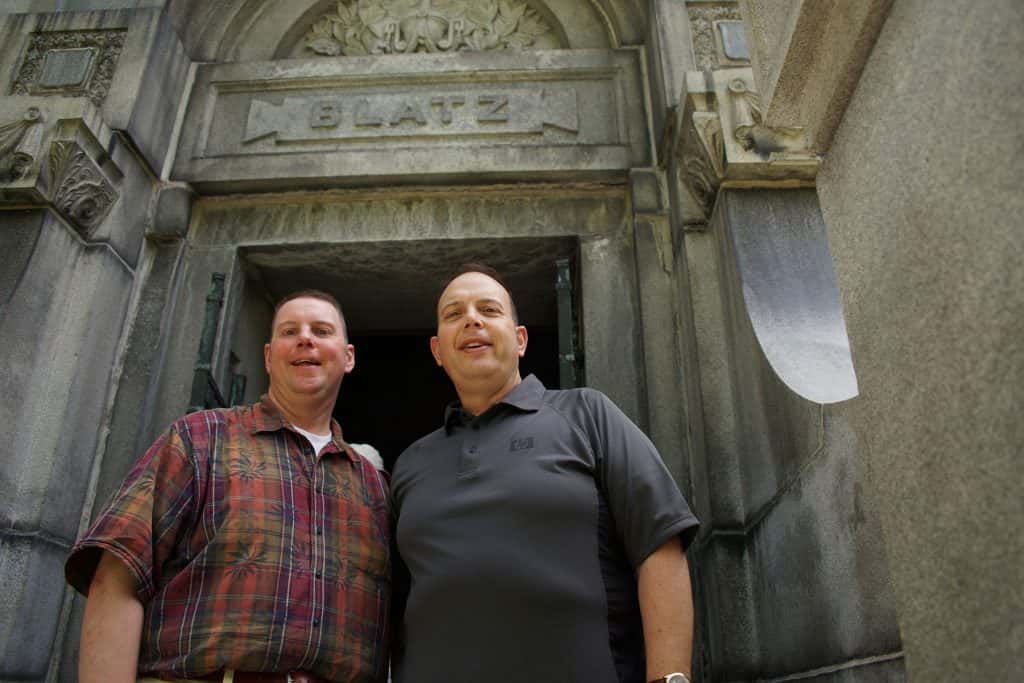
The phrase “American exceptionalism” is often invoked to highlight the country’s unparalleled achievements, innovation, and values. But in the context of school shootings, this term takes on a darker meaning.
The United States stands alone among developed nations in its willingness to tolerate the routine slaughter of its children within schools — spaces that should be sanctuaries of learning and growth.
For the past quarter century, school shootings have been as American as apple pie. Each incident is met with hollow “thoughts and prayers” instead of meaningful change. This is not just an anomaly, it is a systemic failure fueled by a refusal to enact common-sense gun laws, driven by a culture that paradoxically claims to protect children while exposing them to violence, neglect, and political exploitation.
A TRAGIC PATTERN, NOT AN ANOMALY
Since the Columbine massacre in 1999, school shootings have become a grim fixture of American life. Reports of active shooter drills, bulletproof backpacks, and classrooms doubling as lockdown zones have normalized a culture of fear.
Children grow up with the knowledge that they could be next, while parents send their kids to school with a mix of hope and dread. This is not a society grappling with isolated tragedies, it is one that has resigned itself to them.
The refusal to implement common-sense gun control measures underscores the tragic reality. Legislation such as universal background checks, restrictions on high-capacity magazines, and red-flag laws are supported by the majority of Americans, yet are repeatedly blocked by political gridlock from Republicans and the influence of powerful lobbying groups like the National Rifle Association (NRA). The result? A country where gun rights are prioritized over the right of children to live.
PANDEMIC PARENTING AND FAITHLESS VALUES
The COVID-19 pandemic offered a rare glimpse into the true priorities of many Americans. Faced with remote learning and mask mandates, countless parents lashed out — not at the virus, but at the measures designed to protect their children.
The idea of requiring children to wear masks to prevent the spread of a deadly disease became a political flashpoint promoted by Republican parents. Protests erupted across the nation, with parents claiming that mandates infringed on their rights and caused undue harm to their children. Yet these same voices have remained curiously silent about the far greater harm inflicted by school shootings.
Such an inconsistency reveals a troubling truth about American parents. It suggests that the well-being of children is not a true priority but a political tool. The outrage over masks was not about protecting children — it was about preserving a selfish individualism, even at the expense of public health.
That same logic pervades the debate over gun control. The rights of gun owners are held sacred, while the lives of children are treated as collateral damage in a never-ending culture war. The hypocrisy extends beyond guns and masks.
POLITICAL PAWNS AND THE EXPLOITATION OF CHILDREN
In recent years, school boards and legislatures across the country have been consumed by battles over book bans, LGBTQ+ rights, and curricula that address racism and history. These efforts are often framed as protecting children from “dangerous” ideas or influences. Yet the same lawmakers who push these agendas have shown no urgency in addressing the very real danger of gun violence.
It is a sad irony. A book discussing historical injustices is deemed too harmful for a teenager to read, but a gun in the hands of an unstable individual is apparently an acceptable risk. Politicians decry the supposed moral corruption of “woke” culture while remaining indifferent to the physical safety of children in classrooms.
THE FALSE SANCTITY OF LIFE
The contradiction is perhaps most glaring in the debate over abortion. Many who oppose abortion claim to be pro-life, yet their concern for life seems to end at birth. These same individuals often resist measures that could improve the lives of children — whether through expanded healthcare, access to nutritious food, or any form of common sense gun control.
The generational damage caused by gun violence is profound. Survivors of school shootings often carry physical and emotional scars for the rest of their lives. Families are shattered, communities are traumatized, and a pervasive sense of insecurity seeps into the national psyche. The damage is not theoretical — it is lived, over and over again, as school shootings continue unabated.
A CULTURE OF CONVENIENCE AND COMPLACENCY
The root of this problem lies in a uniquely American culture of convenience and complacency. Guns are deeply ingrained in the nation’s identity through political propaganda, supported by the myths of Hollywood. Any attempt to regulate military-grade weapons is met with fierce resistance.
But the issue is not just about the Second Amendment, it is about a broader unwillingness to make sacrifices for the greater good. The same culture that resisted mask mandates and social distancing during the pandemic resists gun control for the same reason – it values corrupt individualism over collective responsibility.
Such a mindset is not without consequences. It has fostered a society where children are sent to schools with the same nonchalance as sending them into war zones. Where “active shooter drills” are as routine as fire drills. Where parents mourn their lost children, only to be told by lawmakers that “now is not the time” to discuss gun reform.
ACCOUNTABILITY AND A PATH FORWARD
Change will only come when Americans confront their own complicity in this crisis. The cycle of outrage and inaction must be broken, and that begins with acknowledging the true cost of the status quo. Gun control is not a solution, but it is a start. Other nations have demonstrated that comprehensive reform can reduce gun violence without infringing on fundamental rights. The refusal to follow their example is a choice — one that prioritizes guns over children.
Parents, too, must reckon with their role in this crisis. The pandemic showed how quickly many were willing to mobilize against perceived threats like masks and vaccines. Imagine if that same energy were directed toward ending gun violence. Imagine if school board meetings were filled with demands for safer schools instead of protests against inclusive curricula. Imagine if the voices of survivors and advocates were amplified instead of drowned out by political rhetoric.
Ultimately, the issue of gun violence in schools is a question of values, or the lack thereof. Do Americans truly care about children? The answer lies in action, not rhetoric. It lies in the willingness to prioritize life over ideology, safety over convenience, and future generations over present comforts.
As long as the nation continues to accept school shootings as an inevitable part of life, it will remain complicit in the deaths of its children. The path forward is clear, but it requires courage, empathy, and a commitment to change. Without those, the tragedy will persist, and the phrase “American exceptionalism” will carry the darker connotation of a nation without a soul.
© Art
Dall-E














